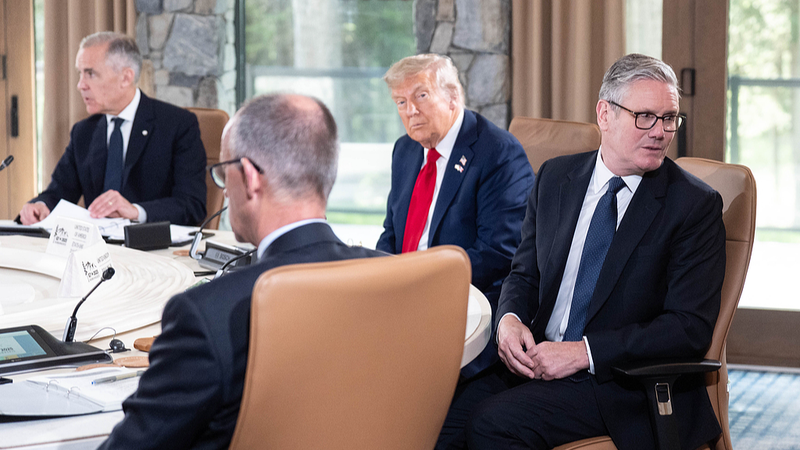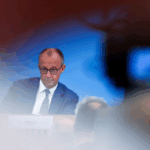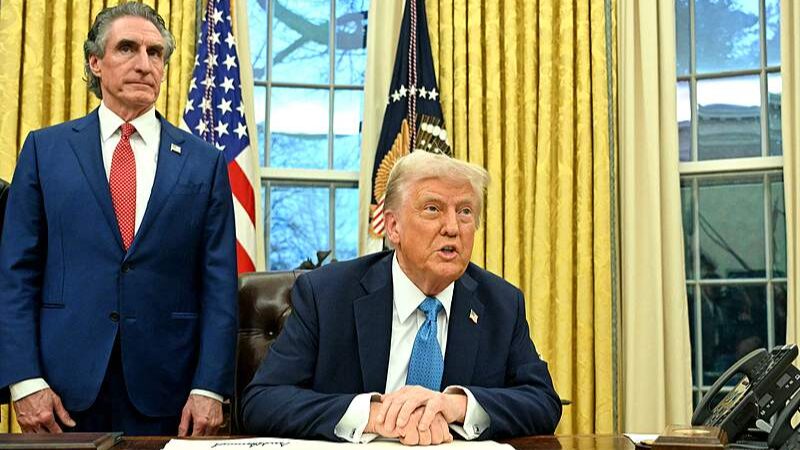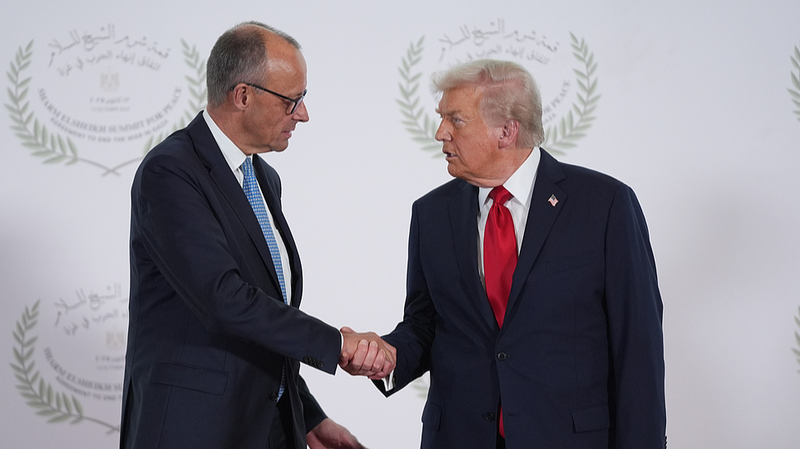The G7 summit in Alberta, Canada, opened with visible fractures among world leaders as U.S. President Donald Trump left abruptly on Monday, citing escalating tensions between Israel and Iran. The early departure underscored deepening divisions on Middle East policy and trade, casting a shadow over the two-day gathering.
Middle East Discord Dominates
Trump declined to endorse a joint statement urging de-escalation between Israel and Iran, stating he needed to return to Washington to address the crisis. European leaders, including French President Emmanuel Macron and German Chancellor Friedrich Merz, had sought unified messaging. European Commission President Ursula von der Leyen reiterated Israel's right to self-defense and opposition to Iranian nuclear ambitions, but Trump's exit left the bloc's efforts fragmented.
Trade Talks Highlight 'Different Concepts'
Trade negotiations further revealed gaps, particularly between Trump and Canadian Prime Minister Mark Carney. Trump described their tariff strategies as 'different concepts,' though he expressed optimism about resolving differences. A separate U.S.-UK trade deal, finalized during the summit, aims to reduce tariffs and boost job growth, according to Trump.
Russia's Shadow Looms
Trump also reignited debate over Russia's exclusion from the G8 (now G7), suggesting the move contributed to instability in Ukraine. The summit's slimmed-down agenda prioritized global economic resilience and energy security, though geopolitical tensions dominated discussions.
As leaders depart, the summit's unresolved disputes signal challenges in aligning Western strategies on critical global issues.
Reference(s):
Trump leaves G7 summit early, splits emerge on Israel-Iran and trade
cgtn.com








